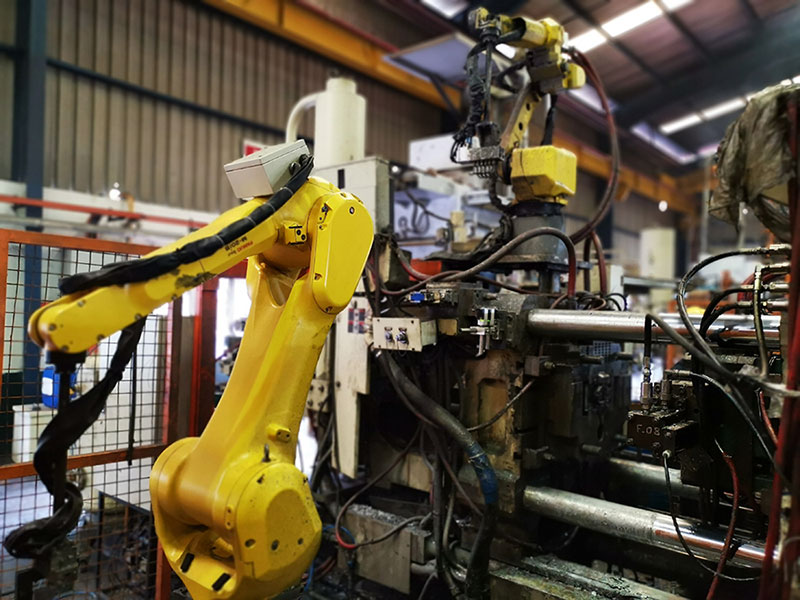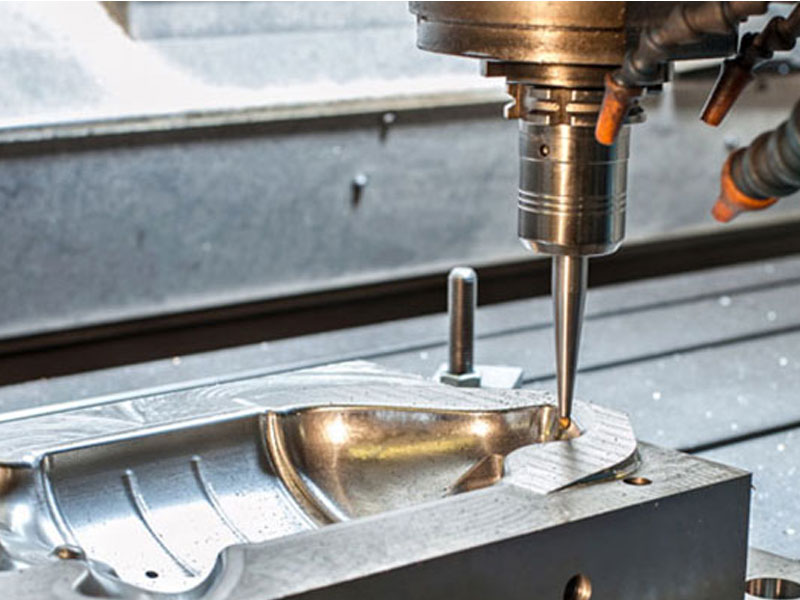The Diecasting Industry in Malaysia: A Journey of Innovation and Growth
BusinessDiecasting, a pivotal manufacturing process that involves forcing molten metal into a mold cavity under high pressure, has become an integral part of Malaysia’s industrial landscape. This process is known for its ability to produce high-precision, complex metal parts efficiently and cost-effectively. In Malaysia, diecasting has experienced significant growth over the years, evolving from a fledgling industry into a cornerstone of the nation’s manufacturing sector. This transformation has been driven by various factors, including technological advancements, a skilled workforce, and strategic government support. The journey of diecasting in Malaysia reflects the country’s broader industrial development and its aspirations to be a leader in advanced manufacturing.
The origins of diecasting in Malaysia can be traced back to the late 20th century, during a period of rapid industrialization and economic transformation. In the 1970s and 1980s, Malaysia saw an influx of foreign investments, particularly from Japanese, American, and European companies. These multinational corporations brought advanced diecasting technologies and expertise, setting up manufacturing plants and training local engineers and technicians. The Malaysian government played a crucial role by creating an investor-friendly environment with incentives and establishing industrial zones. This combination of foreign expertise and governmental support laid the foundation for a robust diecasting industry, which has continued to grow and evolve over the years.
One of the critical factors behind the success of the diecasting industry in Malaysia is its skilled workforce. Malaysian engineers and technicians have gained extensive knowledge and experience in diecasting through continuous training and collaborations with international experts. The country’s educational institutions and vocational training centers have also contributed significantly by providing specialized programs that cater to the needs of the manufacturing sector. This focus on education and skill development ensures a steady supply of qualified professionals who can meet the high standards required in diecasting. As a result, Malaysian diecasting companies are well-equipped to produce components that meet the stringent quality demands of global markets.
Diecasting in Malaysia serves a wide array of industries, each benefiting from the precision and efficiency of this manufacturing process. The automotive industry, for example, relies heavily on diecast components to produce lightweight and durable parts, which are crucial for improving fuel efficiency and vehicle performance. In the electronics sector, diecasting is used to create intricate parts for devices such as smartphones, tablets, and computers. The consumer goods industry also benefits from diecasting, as it provides high-quality, aesthetically pleasing components for products ranging from kitchen appliances to sporting goods. This versatility makes diecasting an indispensable part of Malaysia’s manufacturing ecosystem, catering to diverse market needs both locally and internationally.

As global attention increasingly turns towards sustainability, the powder coating malaysia is also focusing on eco-friendly practices. Diecasting is an energy-intensive process that can have significant environmental impacts. To address this, Malaysian companies are investing in sustainable technologies and practices, such as using recyclable materials, energy-efficient furnaces, and advanced waste management systems. The government supports these efforts through regulations and incentives that encourage sustainable manufacturing practices. By prioritizing environmental sustainability, Malaysia aims to reduce the carbon footprint of its diecasting industry, aligning with global efforts to combat climate change and promoting a greener industrial future.
Looking ahead, the future of the diecasting industry in Malaysia appears promising, driven by continuous innovation and technological advancements. The integration of digital technologies, such as the Internet of Things (IoT), automation, and artificial intelligence (AI), is transforming the diecasting process. These technologies enhance precision, reduce production times, and optimize resource utilization, making diecasting more efficient and cost-effective. Malaysian companies are at the forefront of adopting these innovations, ensuring they remain competitive in the global market. Additionally, ongoing research and development efforts are focused on improving diecasting materials and techniques, which will further enhance the industry’s capabilities and open up new opportunities.
In conclusion, the diecasting industry has become a vital component of Malaysia’s manufacturing sector, contributing significantly to the country’s economic growth and technological progress. From its early days of industrialization to its current status as a key player in the global market, Malaysia has continually advanced its diecasting capabilities. The success of the industry is attributed to a skilled workforce, diverse applications across various sectors, a commitment to sustainability, and a focus on innovation. As Malaysia continues to invest in cutting-edge technologies and sustainable practices, the future of diecasting in the country looks bright, with the potential to reach even greater heights in the global manufacturing arena.
